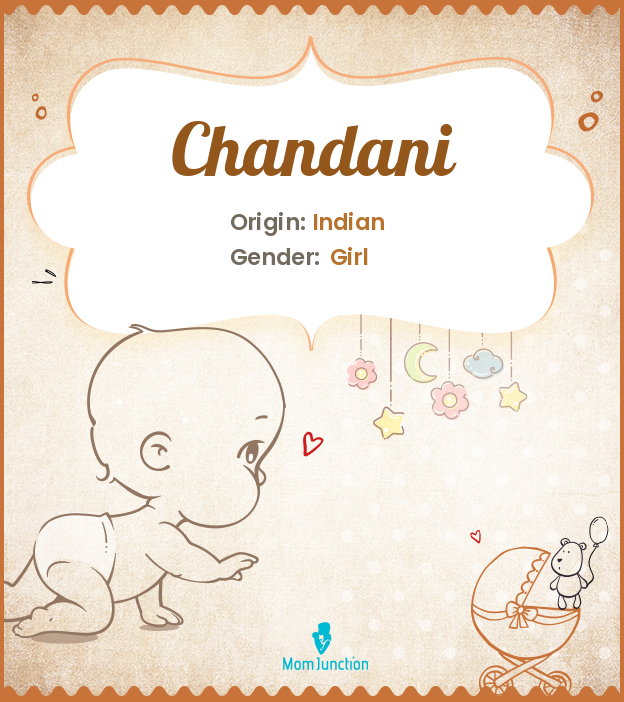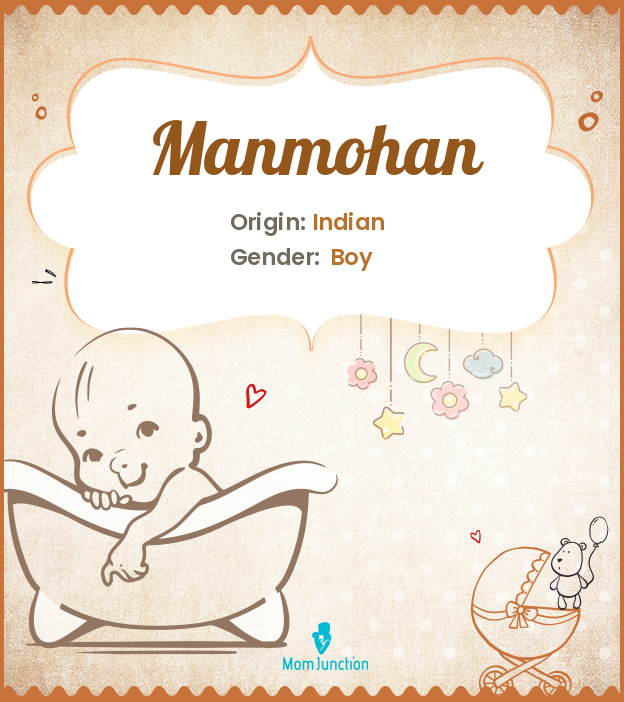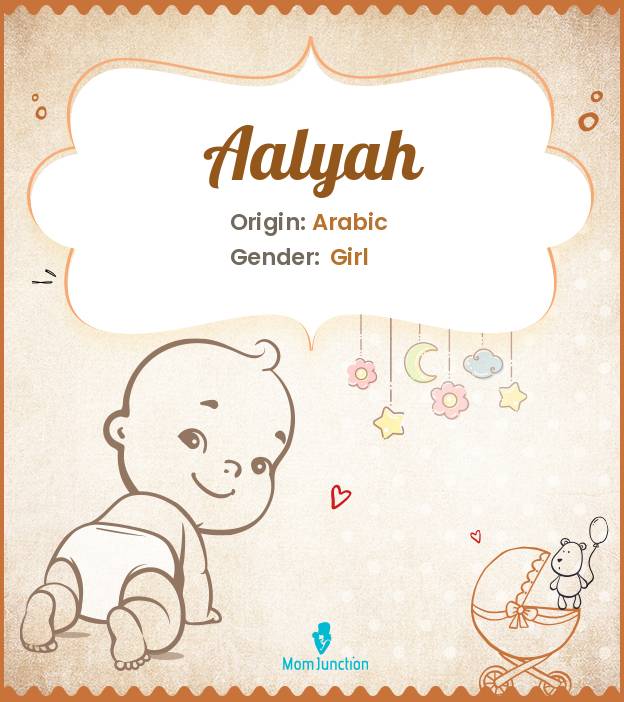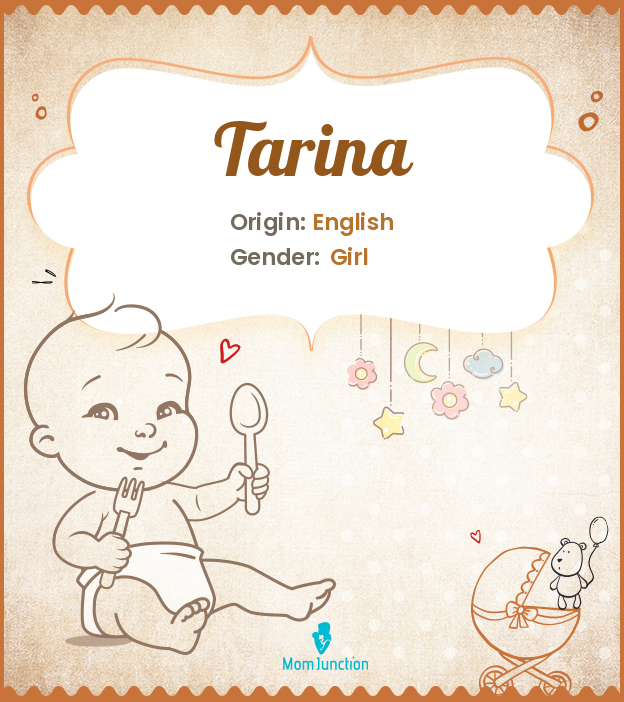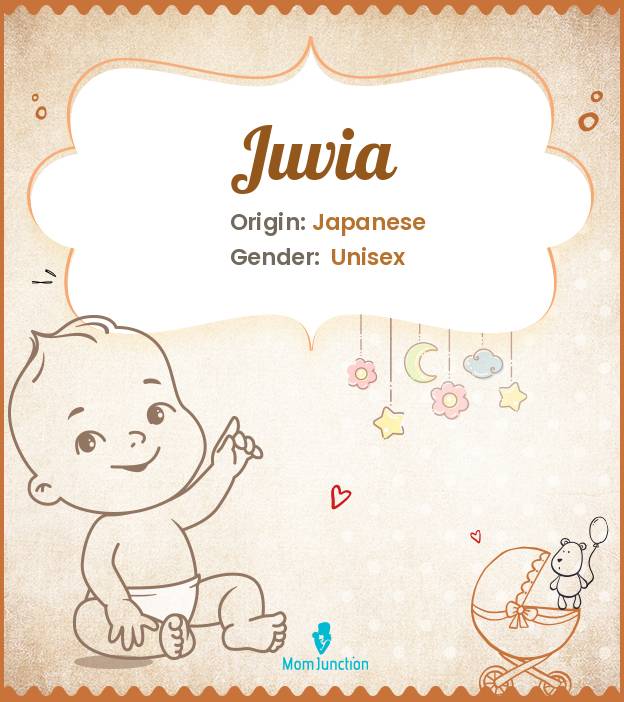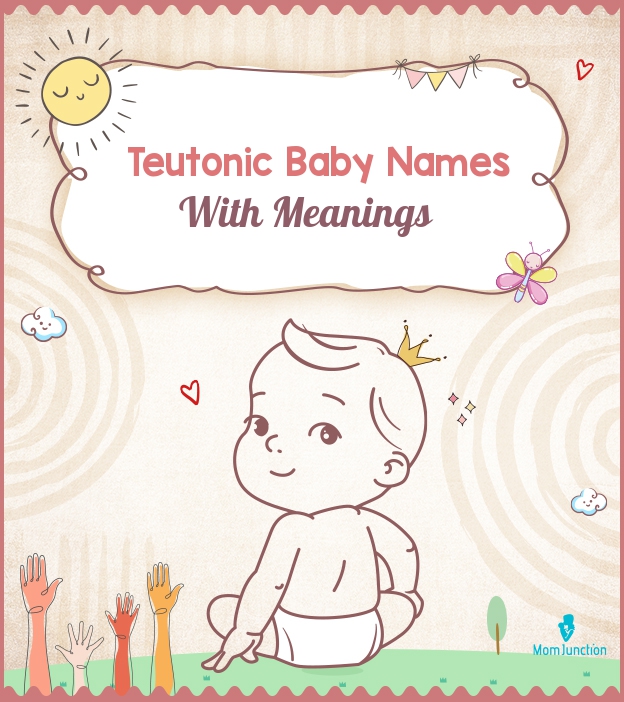
Illustration: MomJunction Design Team
If you want to pick a classic name for your bundle of joy but fear that it would clash with classmates at school, consider Teutonic names. They are unique and will likely give a distinctive individuality to your child. They originate from the historical Teutons, a Germanic tribe (3). Teutons included ethnolinguistic Indo-European groups, identified using Germanic languages. The language is divided into three linguistic groups – North Germanic, which includes Norse or Scandinavian; West Germanic, which includes English, Dutch, Frisian, German, and Afrikaans; and East Germanic, which includes Gothic, Vandalic, and Burgundian, all of which are now reasonably extinct. Teutonic baby names are derived from these linguistic groups. These names have a long history, dating back centuries, spinning epic tales of old societies, warrior mentalities, and profound spiritualism. A Teutonic baby name is generally formed by combining the parents' chosen elements. This naming pattern is the reason behind the extreme diversity in Teutonic first names. Surnames were introduced in the Teutonic regions in the Late Middle Ages. Before them, people used their father's name as their second or kept just one personal name. These names, evocative of ancient Germanic society, offer more than simply historical significance. They give a window into the worldviews, ideals, and mythologies of a people whose legacy has profoundly influenced significant periods of European history. Teutonic names are also inextricably linked to the natural world and religion. Numerous names, which draw inspiration from trees, animals, and celestial bodies, show the tribe's close relationship with nature and its powerful energies. Parallel to this, Norse mythology was frequently woven into the spiritual significance of these names. Strong deities, legendary figures, and mythological tales are invoked in these names to highlight Teutonic practices and beliefs. We bring you an extensive collection of Teutonic baby boy and girl names from this ancient cultural heritage. Take a look!
| Name | Gender | Meaning | |
|---|---|---|---|
| | | | Determined to protect |
| | | | Resolute protection |
| | | | Blessed; Happy |
Teutonic baby names provide an in-depth look into the fabric of ancient Germanic communities, revealing their practices, spiritual traditions, and close links to the natural world. These names, rooted in a rich culture, offer a distinctive identity to your child. Teutonic names tend to have unusual sounds and spellings and cover a range of meanings, from nature to mythology. Parents looking for a unique identity for their children will likely not go wrong by choosing a Teutonic name.
Infographic: Timeless Teutonic Baby Names With Meanings
Teutonic baby names, rooted in early Germanic history, reflect rich traditions and practices. These names link to bygone ages in Europe, conjuring up myths of ancient cultures, warrior spirits, and profound spiritualism. Readers can refer to the Teutonic names provided in this infographic below to embrace a legacy that chimes with the essence of their heritage.
Illustration: Momjunction Design Team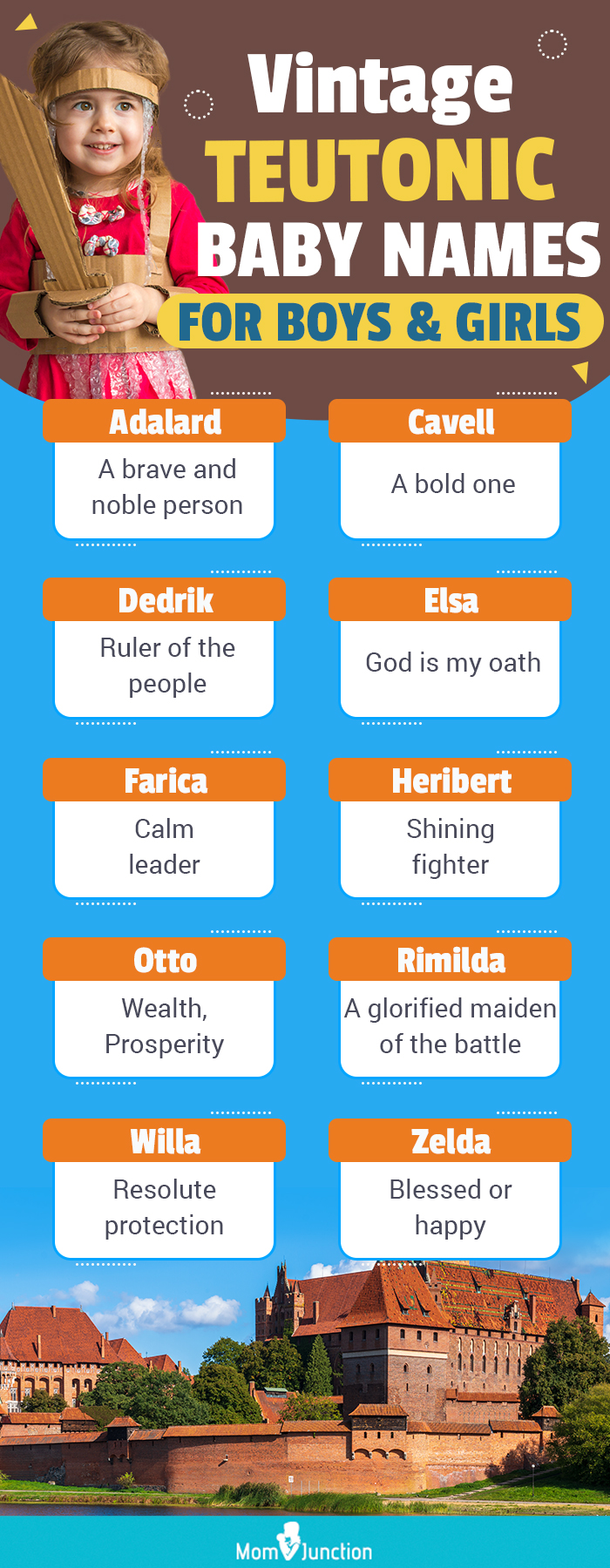
Frequently Asked Questions
1. What are some Teutonic baby names that have become popular in other countries?
Ada, a name of Germanic origin meaning ‘nobleness’ or ‘nobility,’ is famous in countries like the U.S., England, and Belgium. Emma, meaning ‘whole’ or ‘great,’ is popular in the United States, Quebec, Canada, and the Czech Republic. Hugo, meaning ‘bright fame,’ is popular in Australia, England, and the U.S.
2. What are some Teutonic baby names that have historical significance?
Wilhelm, a Germanic name meaning ‘helmet’ or ‘protection,’ is the name of the last German emperor and King of Prussia, Wilhelm II. Otto, a masculine name meaning ‘wealth,’ is associated with Otto I, also known as Otto the Great, who ruled the Holy Roman Empire from 962 until he died in 973. Giselle, a feminine name with German roots meaning ‘pledge,’ was borne by the sister and daughter of the Frankish king Charlemagne. It was also the name of Conrad II’s wife.
3. What are some common characteristics of Teutonic baby names?
The Teutons are a Germanic tribe, and German names are commonly taken or inspired by German saints, Biblical characters, or taken from Old Germanic names. As of late, after the Protestant Reformation, more people avoided picking names of saints and steered towards names taken from the Bible. It is common for Germans to have two or more given names and be referred to by their second name or others, depending on the location. If the first child is deceased, it is common to reuse the same name for the second child (1). Another theory also suggests that Teutons were Celts and, therefore, their names could have the typical characteristics of Celtic names (2).
References
- Germany Personal Names
https://www.familysearch.org/en/wiki/Germany_Personal_Names#Given_Names - ENGLISH NAMES AND MISNOMERS FOR THE GERMANS: DUTCH, GERMAN, TEUTON
https://scholarship.rice.edu/bitstream/handle/1911/62979/article_RIP553_part3.pdf?sequence=1&isAllowed=y - Germanic Tribes / Teutons (North-West Indo-Europeans).
https://www.historyfiles.co.uk/KingListsEurope/BarbarianGermanics.htm
- Germany Personal Names











